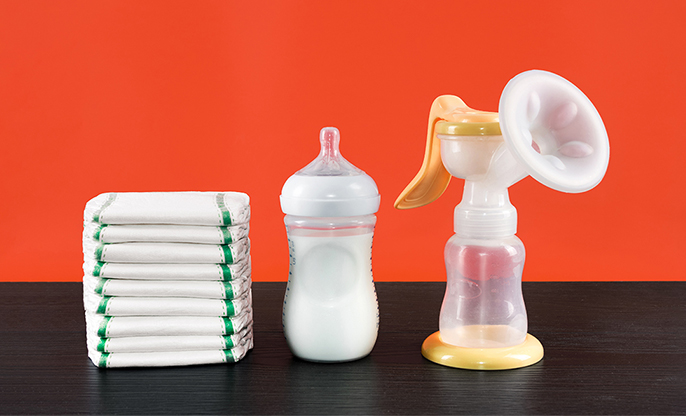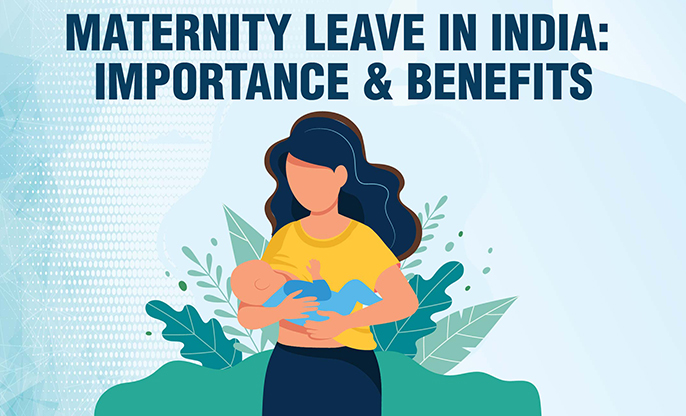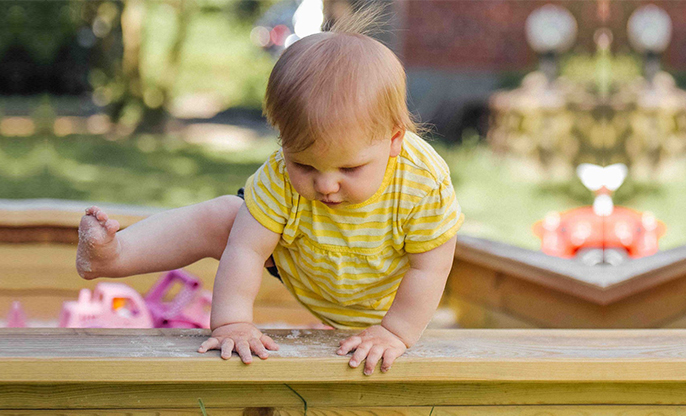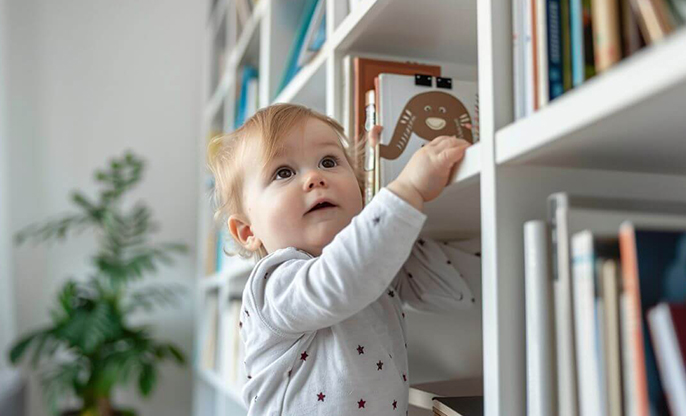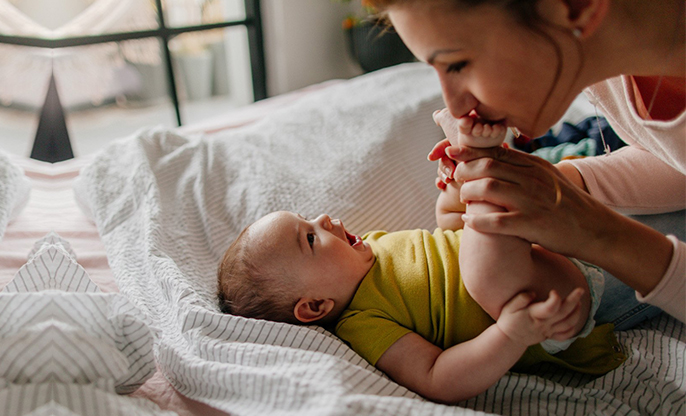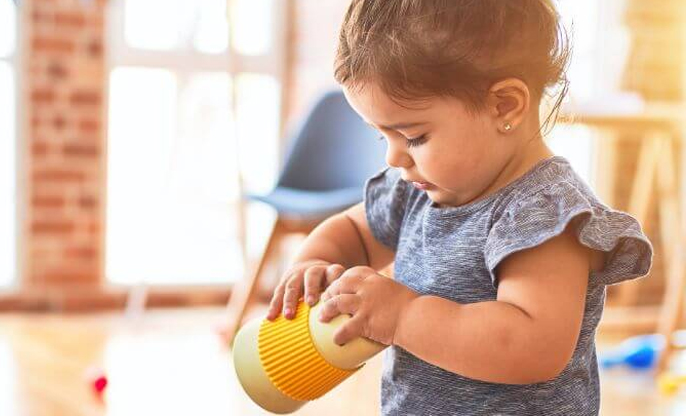
Seeking the Best for Your Little One: Key Features of a Good Day care!
Entrusting someone else with your child, even for a few hours, is a decision riddled with anxiety for many parents. As the need for dual incomes becomes commonplace in today's world, finding a reliable day care centre emerges as a priority for many families. But what makes a day care stand out? Here's a comprehensive checklist of features that define a good day care facility.
1. Licensed and Certified:
Top-tier day cares always operate with valid licenses and certifications. These
accreditations are proof that the facility meets the established safety,
health, and operational standards set by authorities. Always inquire about a centre’s
licensing status.
2. Child-to-Staff Ratio:
An ideal day care should have a low child-to-staff ratio. This ensures that
each child gets ample attention, care, and supervision. A smaller group allows
caregivers to respond promptly to the individual needs of every child.
3. Qualified and Nurturing Staff:
The caregivers' qualifications and demeanour play a pivotal role. Staff should
be educated, trained in early childhood development, and display genuine
affection and patience. Regular background checks and training sessions should
be standard.
4. Structured Programs:
A good day care offers a structured program tailored to various age groups.
This includes time for physical activities, quiet time, group programs,
individual activities, meals, and free time. Activities should stimulate
cognitive, physical, and social development.
5. Clean and Safe Environment:
Safety cannot be compromised. Day care facilities should be clean, hygienic,
and equipped with safety measures like childproofing, secure entry-exit points,
and first aid kits. Toys and play equipment should be sanitized regularly and
be age-appropriate.
6. Open-door Policy:
Parents should always feel welcome to visit the day care without prior notice.
This transparency builds trust and assures parents about their child's
well-being.
7. Constructive Feedback Mechanism:
Regular updates about your child's day, including meals, nap times, activities,
and any noteworthy incidents, should be provided. Communication is key, and centres
should have channels for parents to discuss concerns or offer feedback.
8. Flexibility:
While routines are essential, a degree of flexibility in terms of drop-off and
pick-up times can be a relief for parents juggling hectic schedules. This
flexibility, however, shouldn't compromise the child's routine at the day care.
9. Nutritional Meals:
If meals are provided, the menu should be balanced, nutritious, and varied.
Parents should be informed about the menu, and any allergies or dietary
restrictions should be accommodated.
10. Provisions for Special Needs:
An exceptional day care is inclusive. It should be equipped to care for
children with special needs, ensuring they engage in activities that cater to
their unique developmental requirements.
11. Positive Reinforcement:
Discipline policies should revolve around positive reinforcement rather than
punitive measures. It's essential to understand a centre’s approach to handling
conflicts or misbehavior.
12. Stimulating Environment:
A well-lit, colourful, and interactive environment is pivotal. A day care
should have designated areas for different activities, filled with books, toys,
and craft materials that cater to various developmental stages.
Conclusion:
Selecting the right day care is a multifaceted decision, balancing practicality
with a heart-driven desire for the best care possible. A commendable day care
not only watches over your child but also contributes to their holistic growth.
As you tour facilities, armed with your checklist, remember to trust your
instincts. Often, it's a blend of tangible features and an intangible feeling
of rightness that will guide you to the perfect haven for your little one.





